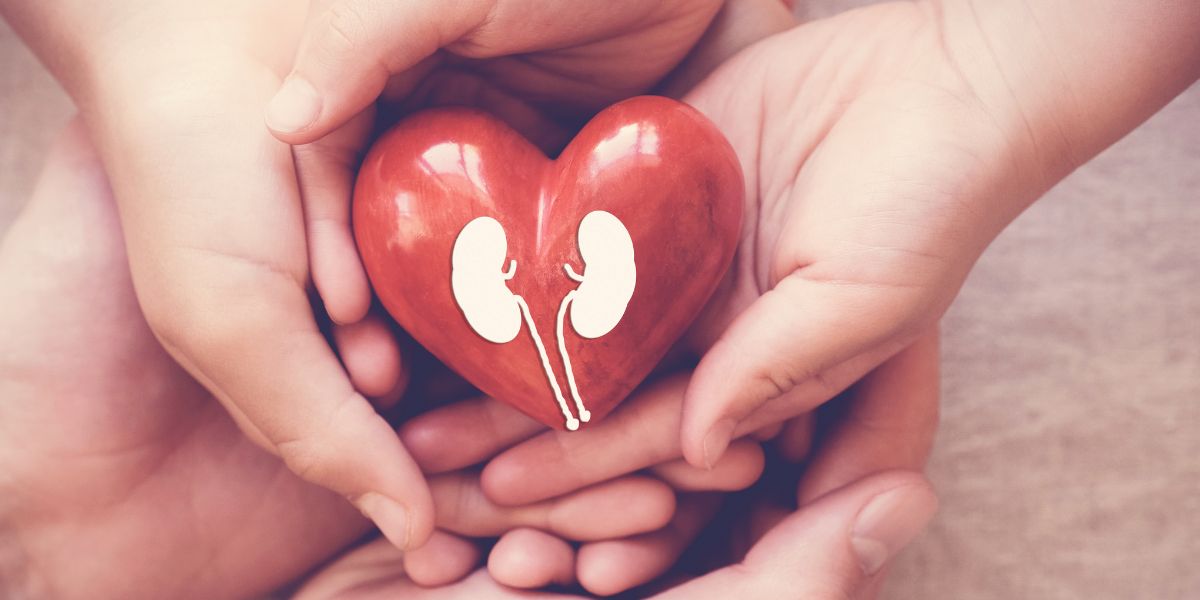A recent study has uncovered a potential solution in the fight against chronic kidney disease (CKD), which affects approximately 700 million individuals worldwide.
The research, led by the George Institute for Global Health and the University of New South Wales, found that consuming at least two portions of oily fish per week, such as mackerel, sardines, or herrings, may lower the risk of CKD and slow its progression.
- Diabetic nephropathy
- Eating fruit and vegetables high in calcium and potassium could prevent recurring kidney stones
The researchers included the findings of 19 studies from 12 countries that looked at the relationship between omega-3 fatty acid levels and the development of CKD in people.
The analysis comprised around 25,000 adults aged 49 to 77.
After controlling for age, gender, race, BMI, smoking, alcohol consumption, physical activity, heart disease, and diabetes, greater levels of seafood omega 3 fatty acids were related with an 8% decreased risk of developing CKD.
When individuals were divided into five groups based on their consumption of seafood omega 3 fatty acids, those in the top fifth had a 13% reduced risk of CKD than those in the bottom fifth.
Increased levels were also linked to a slower yearly reduction in renal function.
The study revealed a correlation between higher levels of omega 3 fatty acids found in seafood and a reduced risk of kidney problems, however, this association was not found with plant-derived omega 3 fatty acids.
Animal studies have previously shown that omega 3 fatty acids may aid with kidney function, but data from human research has been sparse, relying primarily on dietary questionnaires.
- Kidney function in people with type 2 diabetes enhanced by low-carb and high-protein meals, new study identifies
- Kidney disease risk reduced by SGLT2 inhibitors in people with type 2 diabetes
“While we cannot for certain say what specific fishes had the greatest effect on CKD risk, we know that the blood levels of the fatty acids reflect their intake well,” Dr Matti Marklund told the Guardian.
The findings confirm dietary guidelines that encourage eating oily fish and other seafood as part of a balanced diet.
These findings, published in the BMJ, support current dietary guidelines promoting the consumption of oily fish and seafood as part of a healthy diet.
The researchers emphasised that their findings were observational and so did not establish that eating more seafood reduces the risk.












